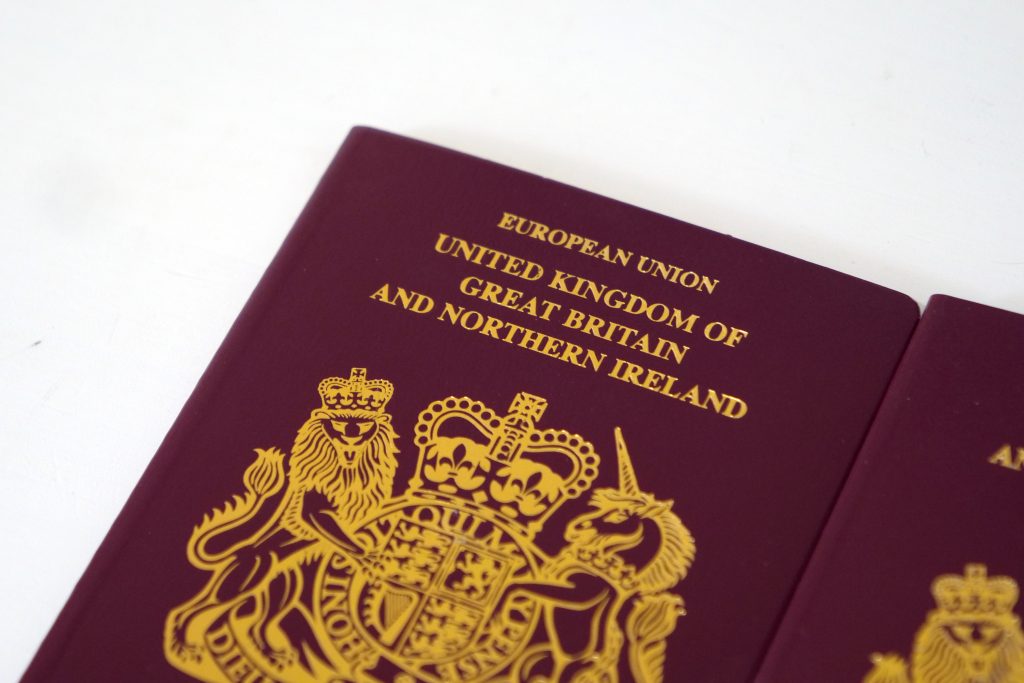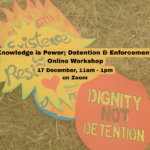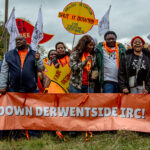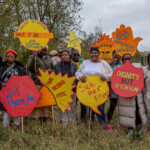
On the 24th May 2023, the Government introduced a new bill called the British Nationality (Regularisation of Past Practice) Bill into the House of Commons. It is now at its third reading in the House of Commons. See our guide on the difference between a bill and an act here.
This bill comes after the Home Office admitted it had been applying the law on citizenship wrongly.
This blog post will explain the context and what this means for people affected.
What is the context?
The British Nationality Act 1981 is the law that sets out who is a British citizen. Under that act, an individual who is born in the UK is a British citizen automatically from birth if one of their parents is British or is settled here.
Between 1 January 1983 and 1 October 2000, the Home Office took this to mean that an EEA national or Swiss national exercising free movement rights in the UK was considered ‘settled’. This means that their children born in the UK automatically acquired British citizenship.
On 2 October 2000, the Home Office changed their position, so that for those born on or after that date, permanent residence or indefinite leave to remain was needed for a person to be considered ‘settled’. What happened here, as explained in this blog by Free Movement, was that the ‘Home Office changed its mind about how EU law worked and how it interacted with British nationality law’.
The position of people born on or after 2 October 2000 was tested in 2022 in the case of R(Roehrig) v SSHD. This case concerned a man who applied for a British passport on the basis that at his birth on 20 October 2000, his mother was exercising EU free movement rights and was ordinarily resident in the UK. His application for a new passport was refused by the Home Office. The High Court ruled that for children born between 1 January 1983 and 1st October 2000, being born to an EEA parent exercising free movement rights was not enough to be considered ‘settled’ for the purposes of citizenship. This ruling meant that the Home Office had been wrongly applying the law in issuing passports to these people.
The Court of Appeal granted permission to appeal and a date for the hearing is pending.
Without waiting for the outcome of these legal proceedings, and to address this issue, the government has introduced the British Nationality (Regularisation of Past Practice) Bill to address this confusing issue.
What does the bill do?
This bill aims to amend the British Nationality Act 1981. It suggests inserting a new section into the 1981 act, which provides that a person exercising free movement rights in a given period is considered ‘free from immigration restrictions’ and therefore settled. This has a retrospective effect (this means that it can apply to things that happened in the past), so that people born in the UK to EU citizen parents between 1 January 1983 and 1 October 2000 (and children born to these people) will be automatically considered British.
What this means
The Home Office has published this factsheet, which explains the effect the bill will have when it becomes law.
- If you are in this group and already have a British passport you do not need to do anything. This new bill means your nationality will stay the same
- If you are in this group and you previously had a British passport, you can apply for a renewal as normal
- If you are in this group and you never had a British passport, once this bill becomes law, you can apply for a passport.
While this new bill is a welcome development for the people it affects, it shows the extent to which the Home Office has misunderstood the law on citizenship.
As pointed out by PRCBC, the3million, ILPA and Amnesty International, British nationality law and citizenship has been ‘badly mistreated by successive Governments’.












Discussion: